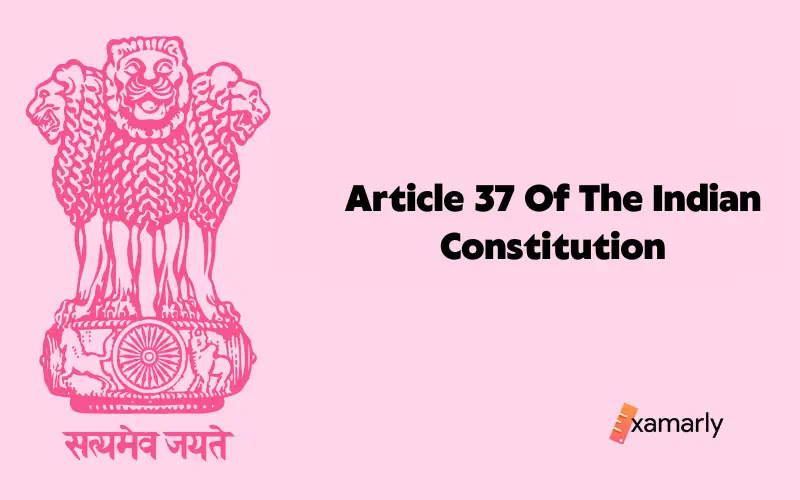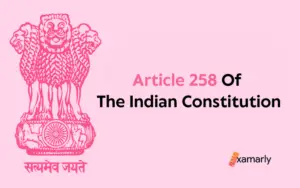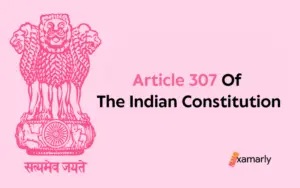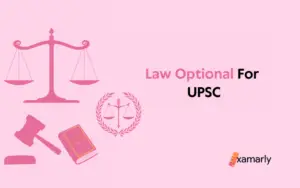Article 37 of the Indian constitution is one of those articles that backed up the morality of Indian constitution by suggesting effective ethical principles and practices. Although it never made those principles a mandate by the court but still emphasized a lot on them. Let us get to read all about it in detail.
History Of The Article 37 Of The Indian Constitution
Article 37 of the Indian Constitution formed article 29 of the Draft Constitution of India, 1948. This article was made part of the Indian Constitution later in 1949 without any alteration or amendment to the initial clause. The draft article for the present Article 37 was debated and discussed in the Constituent Assembly on 19th November, 1948.
In the draft constitution, the above mentioned article was a gateway clause to the list of directive principles of State policy. As part of its clause it did mention the institutional division of labour regarding the enforcement of Directive Principles of State Policy.
Argument Against The Article 37 Of The Indian Constitution
Initially, a member of Constituent Assembly was against this judiciary lax in the case of Directive Principles of State Policy, arguing that for Indians who had long been living below the decent standard of living and suffering socio-economically during the long colonial rule, it was high time that these Directive principles ought not to be regarded as pious wishes, and be enforced strictly by the judiciary.
Argument For the Article 37 Of The Indian Constitution
The Article was supported by the majority. As for the validity and relevance of the article, another member offered the explanation that the very existence of the Directive Principles in the Constitution was testimonial to the fact that legislatures could not ignore or violate them, and was confident that the principles would be implemented despite the lack of legal force behind them.
The Article was adopted without any modification.
Quoting Article 37 Of The Indian Constitution
“The provisions contained in this Part shall not be enforceable by any court, but the principles therein laid down are nevertheless fundamental in the governance of the country and it shall be the duty of the State to apply these principles in making laws.”
Read Also – Article 38 Of The Indian Constitution
Salient Features
Let’s break down the article and understand what each phrase offers:
1. This article is not self explanatory. Rather, it offers to explain the Articles 36-50, which form the Directive Principles of the state Policy part of the constitution.
2. This article designates the justiciability of the Directive Principles of State Policy.
3. Both the motions of the debate whether Directive Principles should be legally enforced like the Fundamental Rights are discussed above.
4. The fulfilment of article 37 demands cooperation from the State and the Central Governments, and draws attention to the basic principle that the Constitution is the Ultimate and Supreme.
5. However this article explicitly mentions that none of the DPSPs can be enforced by a court of law.
6. Thus it falls imperative on part of the governments at State and Centre to ensure that the conditions of these DPSPs are fulfilled so that the standard of life is raised by good governance.
Related – Directive Principles
Summing Up
The principles of policy are not legally justiciable. However, by their non justiciable nature, they should not be considered empty moral promises. Time and again, these were instrumental in reaching the resolutions of important debates that surrounded modification of law or to serve justice to any dispute emerging along the social objectives that are discussed intensively in articles 36-51.
But the judiciary ultimately holds power to decide on how much impact the DPSPs should have in case there is a meddling with the basic structure of the Constitution. The judiciary has also made use of DPSPs to restrict the Fundamental rights under article 19 in case those attempted to vilify the statutes mentioned in DPSPs.
Thus, the role of DPSPs can be summarized very efficiently as instrumental to interpret the text of Constitution and determine the applicability of the Fundamental right in situations where conflicts of interest arise within the ambit of Constitution.






